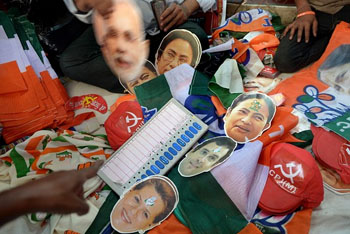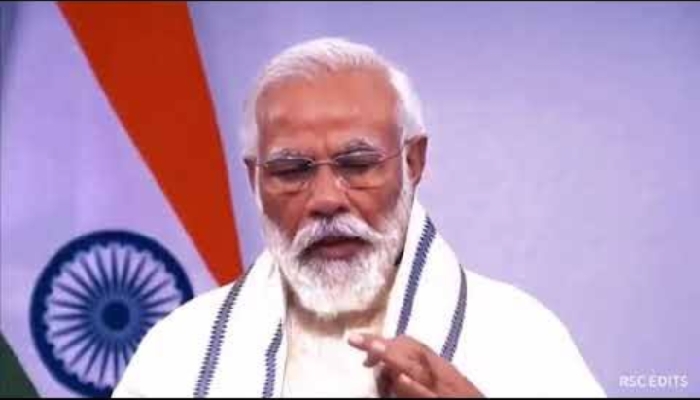Normal 0 false false false EN-US X-NONE X-NONE MicrosoftInternetExplorer4
/* Style Definitions */
table.MsoNormalTable
{mso-style-name:"Table Normal";
mso-tstyle-rowband-size:0;
mso-tstyle-colband-size:0;
mso-style-noshow:yes;
mso-style-priority:99;
mso-style-qformat:yes;
mso-style-parent:"";
mso-padding-alt:0in 5.4pt 0in 5.4pt;
mso-para-margin-top:0in;
mso-para-margin-right:0in;
mso-para-margin-bottom:10.0pt;
mso-para-margin-left:0in;
line-height:115%;
mso-pagination:widow-orphan;
font-size:11.0pt;
font-family:"Calibri","sans-serif";
mso-ascii-font-family:Calibri;
mso-ascii-theme-font:minor-latin;
mso-fareast-font-family:"Times New Roman";
mso-fareast-theme-font:minor-fareast;
mso-hansi-font-family:Calibri;
mso-hansi-theme-font:minor-latin;
mso-bidi-font-family:"Times New Roman";
mso-bidi-theme-font:minor-bidi;}
 Washington, Apr 30: India's general election is getting more attention in the US than ever before, a former top American diplomat who played a key role in revival of Indo-US ties after India's 1998 nuclear tests, has said.
Washington, Apr 30: India's general election is getting more attention in the US than ever before, a former top American diplomat who played a key role in revival of Indo-US ties after India's 1998 nuclear tests, has said.
"My impression is that this election in India is getting more attention in the United States than any other in a very long time," Strobe Talbott, president of the leading American think-tank Brookings Institute told a Washington audience at a panel discussion on Indian elections.
"This is basically a good thing. We Americans have over the decades have not paid attention to India that we should. More Americans are paying attention to it," said Talbott, who was Deputy Secretary of State under President Bill Clinton and held crucial talks with the then External Affairs Minister Jaswant Singh.
Talbott's comment on much greater attention towards the Indian election in the US, comes at a time when there has been criticism of lack of adequate coverage of Indian elections in the US media.
'Indian election getting more attention in the US than ever'
Washington, Apr 30: India's general election is getting more attention in the US than ever before, a former top American diplomat who played a key role in revival of Indo-US ties after India's 1998 nuclear tests, has said.
"My impression is that this election in India is getting more attention in the United States than any other in a very long time," Strobe Talbott, president of the leading American think-tank Brookings Institute told a Washington audience at a panel discussion on Indian elections.
"This is basically a good thing. We Americans have over the decades have not paid attention to India that we should. More Americans are paying attention to it," said Talbott, who was Deputy Secretary of State under President Bill Clinton and held crucial talks with the then External Affairs Minister Jaswant Singh.
Talbott's comment on much greater attention towards the Indian election in the US, comes at a time when there has been criticism of lack of adequate coverage of Indian elections in the US media.







Comments
Add new comment